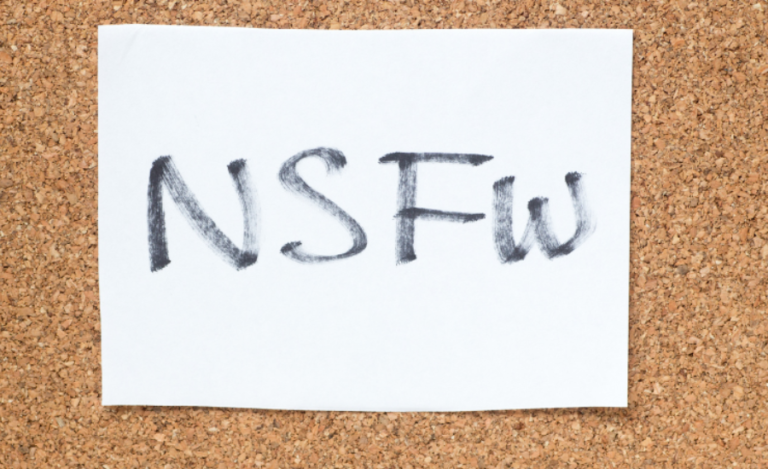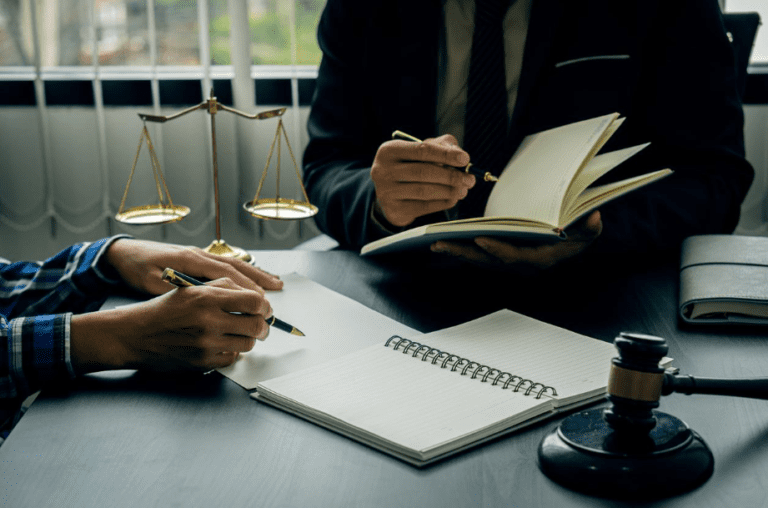Navigating the Complex World of Criminal Record Checks
Key Takeaways
- Criminal record checks are crucial for maintaining safety and trust within organizations.
- Understanding different types of checks can aid in making informed decisions.
- Legal and ethical considerations are vital to managing personal data responsibly.
Introduction to Criminal Record Checks
In today’s fast-paced world, ensuring the safety and integrity of organizations is more critical than ever. A criminal background check serves as a valuable tool for employers and organizations. It enables them to foster a safe environment by vetting potential candidates effectively. By understanding the significance of these checks, businesses can bolster their security and cultivate trust with their employees and clients. These checks help mitigate risks associated with recruitment by highlighting past behaviors that might suggest future conduct.
These checks are not just a formality but integral in assessing an individual’s suitability for various organizational roles. By scrutinizing past criminal behavior, employers can make more informed decisions that align with their safety policies. This process is essential in sectors where trust is paramount, such as education, healthcare, and finance, where the stakes of hiring someone with a problematic history could be exceptionally high.
Types of Criminal Record Checks
Criminal record checks come in several forms, each serving a distinct purpose. A basic disclosure reveals unspent convictions, making it ideal for roles where minimal risk is involved. It helps employers comply with legal obligations without going into excessive detail that might violate privacy. On the other hand, a standard check provides a more detailed look into an individual’s criminal history, showcasing both spent and unspent convictions and cautions, thereby offering a more comprehensive understanding of a candidate’s past.
Enhanced disclosures go a step further by offering even more comprehensive insights. These are particularly useful for positions involving vulnerable populations, such as children or older people. Understanding the nuances of each type lets organizations tailor their screening processes to their specific needs. For instance, enhanced disclosures ensure that only those with the cleanest records can hold positions of responsibility and trust in the public sector or healthcare.
The Legal Framework
The legal landscape surrounding criminal record checks is intricate, demanding careful navigation. Various regulations, such as the General Data Protection Regulation (GDPR), dictate how personal data should be handled, ensuring individuals’ rights to privacy and fairness. Employers must ensure their practices comply with these laws to maintain legality and ethical standing. Failure to do so not only risks legal penalties but can also damage an organization’s reputation.
Legal frameworks are designed to protect individuals’ privacy while enabling organizations to gather necessary information. Responsible data management requires striking a balance between compliance and efficiency. Companies must regularly update their policies to reflect the latest legal standards and ensure that all staff are adequately trained in data protection practices.
Ethical Considerations
Verifying criminal histories is essential, but moral issues must be considered. It’s a fine line to walk when evaluating a candidate’s suitability for a position while also respecting their privacy. Employers have an obligation to make judgments that are impartial, fair, and devoid of bias based on pertinent information. This entails taking into account the type of prior transgressions, the situation in which they occurred, and the amount of time that has passed.
Keeping an inclusive and egalitarian workplace requires ethical decision-making. Through the thoughtful use of checks, a foundation of trust is established, and openness is ensured. Companies must be conscious of the possibility of discrimination and work to ensure their employment procedures are inclusive and prejudice-free.
Implementing Effective Policies
Establishing robust policies for conducting criminal record checks can significantly streamline the vetting process. Clear guidelines help ensure consistency and fairness, protecting both the organization and the individuals involved. Steps to implement effective policies include regular reviews and updates to ensure they stay relevant to changing regulations and integrate best practices in data management.
Documenting these policies and training staff on proper execution can prevent misunderstandings and enhance organizational efficiency. These policies should also include a procedure for candidates to appeal decisions and clarify the criteria for analyzing their criminal histories, ensuring that the checking process remains transparent and justifiable.
Real-World Applications
Checks for criminal records are standard in many sectors. For example, these checks are commonly used in the healthcare industry to guarantee patient safety and guard against abuse or harm. Comparably, to uphold fiduciary trust and protect investors and the integrity of financial institutions, jobs in finance may also need checks.
Beyond ensuring safety, these checks also help foster a pleasant workplace atmosphere. Trust and transparency are enhanced when employees know stringent vetting processes are in place. A thorough screening procedure gives stakeholders and present workers confidence that the company is dedicated to upholding moral principles and a secure workplace.
Challenges and Solutions
Organizations often face challenges when implementing criminal record checks. These include lengthy processing times, maintaining accuracy, and ensuring compliance with diverse international laws. However, solutions such as adopting digital tools and employing data verification techniques can mitigate these issues by automating parts of the process and reducing the burden on HR departments.
Streamlining the process saves time and enhances the results’ reliability, contributing to a smoother hiring process. Investing in robust software systems and staying informed about regulatory changes can continually improve the efficiency and effectiveness of criminal record checks.
Future Trends in Criminal Record Checks
The future of criminal record checks looks promising with the advent of digital technology. Innovations such as blockchain and AI are poised to transform how checks are conducted, offering enhanced accuracy and efficiency. Blockchain technology, for instance, can provide secure, immutable records that protect data integrity, while AI can swiftly analyze vast datasets to identify relevant trends and anomalies.
According to recent projections, digital advancements will likely drive the future of background screening processes, making them more streamlined and less susceptible to errors. These technologies can potentially revolutionize criminal record checks, ensuring they remain a crucial component of organizational security in the future. As these technologies develop, organizations will have more tools to perform thorough yet efficient checks that support security and privacy.






